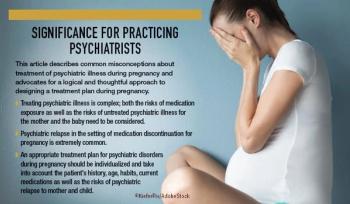
This article describes common misconceptions about treatment of psychiatric illness during pregnancy and advocates for a logical and thoughtful approach to designing a treatment plan.

This article describes common misconceptions about treatment of psychiatric illness during pregnancy and advocates for a logical and thoughtful approach to designing a treatment plan.
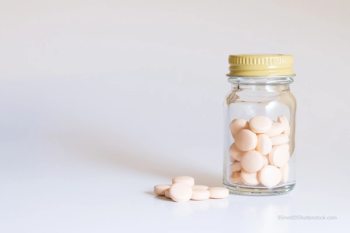
The FDA accepts a New Drug Application for novel antidepressant.

Over the past two decades, deaths associated with alcohol abuse have increased, but little data point to demographic changes.

New research discovered mid-pregnancy insomnia may be a marker for both concurrent and postpartum anxiety.
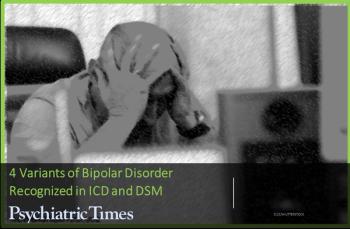
An accurate assessment of bipolar disorder requires psychiatric evaluation of a range of symptoms marked by extreme mood changes and other factors described in brief.

The author shares some thoughts on the current state of biopsychosocial model as well as the new proposed reinterpretation of BPS as a theory of causality.

A reformulated biopsychosocial paradigm can be clinically useful. How? Keep reading.
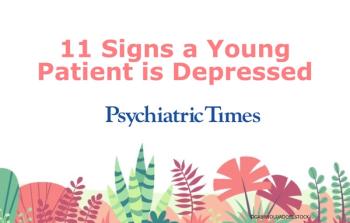
A brief synopsis on how to spot major depression in youth.

We may have strong (psychological) bones, but they are still susceptible to stress fractures. Face the new year armed with these guidelines on combatting symptoms of burnout, written by an expert in the field.

In our role as clinicians, we participate in the practice of medicine because there is always more to learn, and more experience to be gained. Such is the case with mindfulness...
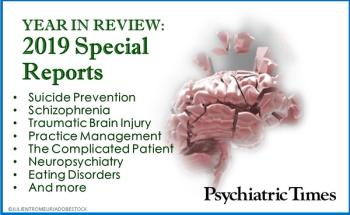
As varied as the field of psychiatry itself, our Special Report collections covered issues such as eating disorders, traumatic brain injury, practice management, schizophrenia and depression, complex medical comorbidities, and more. Here's a sampling.

P values can be deceiving. In order to determine if a clinical trial result is important, we need to look at the effect size.
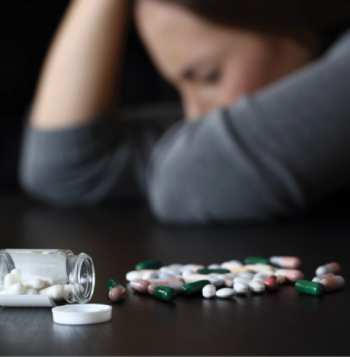
The association between psychiatric disorders, most notably depression and anxiety, and pain is well established. However, mental health professionals, and especially psychiatrists, are still often excluded from treating patients with pain.
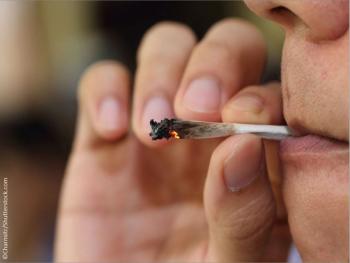
Cannabis is a widely used drug of abuse in adolescents. With legalization of marijuana, adolescent cannabis use may increase substantially.
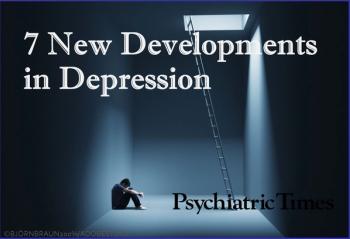
Neurotransmitters may enhance mood-boosting effectS of exercise, cigarette use abstinence efforts going up in smoke, and other recent findings are summarized here.

Recent findings may relieve some of the guilt that accompanies the consumption of chocolate, particularly during depressive episodes.
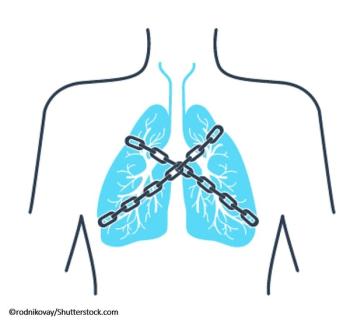
In a first-of-its-kind study, researchers from the Icahn School of Medicine at Mount Sinai, Montefiore Health System, and Albert Einstein College of Medicine are working together to examine the link between depression and asthma in older adults.
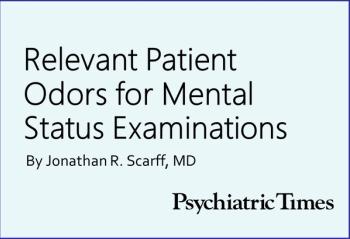
Utilizing our senses-sight, hearing, AND smell-during the patient interview can provide a comprehensive exam and assist in assessment and treatment.

Some patients can get more depressed on this antidepressant. This isn't about bipolar disorder or antidepressant-induced mania. It's about a metabolite. More in this podcast.

Moving toward a bio-psycho-sociocultural model of major depression.
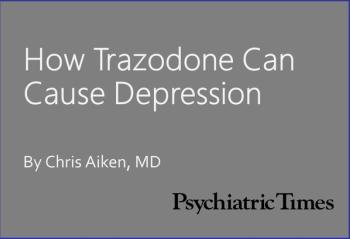
Some patients get more depressed on this antidepressant, but that does not mean they have bipolar disorder.
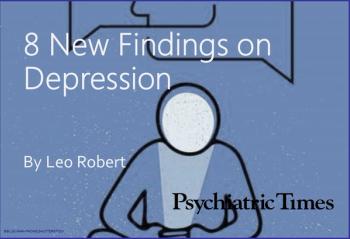
Teen depression rises with screen time, potential new target for novel antidepressants, and more key findings here.

Doing a review of systems wasn’t “rocket science,” as they say-but it was a classic example of medical science and of why psychiatrists are physicians first.

This new FDA order now allows patients who need and want ECT, as well as practitioners who perform it, to breathe a sigh of relief.

She was only 21. After "it" happened, I held a lecture on depression. I mentioned her at the end as a tribute. I longed for closure. More in this Portrait of a Psychiatrist.